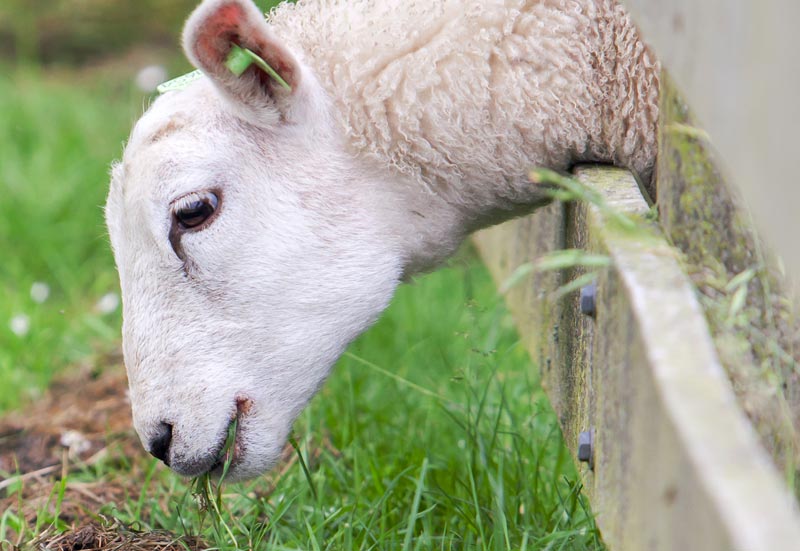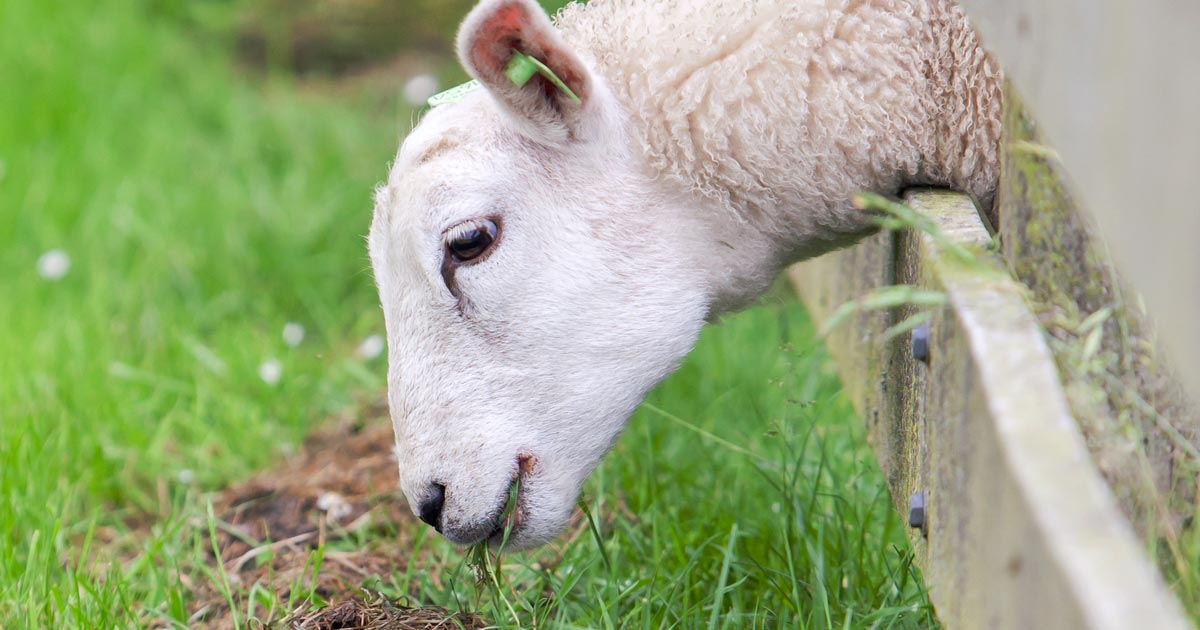My classmates and I recently reunited at our beloved university to celebrate joining the profession as qualified vets around a year ago. While there we attended a CPD event based around managing difficult situations as a new grad, be that with clients, colleagues or bosses.
While the scenarios were entertaining, they also highlighted aspects of working life as vets that were very relatable, sparking a number of interesting discussions. Many issues were covered, but the most significant points were certain legal or business aspects of veterinary work rather than clinical ones.
Contractual obligations

For many of us, our first job as a vet will also be our first full-time, salaried job. As such, many new grads may be unsure of their basic minimum legal entitlements, such as holidays, sick leave and contracts, and, therefore, will not necessarily realise if they are receiving these.
Almost one-third of attendees, despite having been graduated for well over a year, still had not received a contract – much to the shock of the representatives from the various veterinary organisations running the session. I, too, find it incredulous some practices deem themselves impervious to certain legal requirements.
This is perhaps one of the ways in which corporate practices actually have the upper hand on independents – they tend to be better at the paperwork side of things and, even though the contracts can often be vague, they are present. This does not, however, make them any less likely to take advantage of the absolute minimum benefits that can be offered.
More for less
For example, the legal minimum holiday allowance is calculated in weeks. For some of my colleagues who work a four-day week, this means their holiday entitlement seems outrageously small, even if it is, in fact, correct when counting the weeks.
What is not taken into account is many of those who work a four-day week will work longer hours on each of those days, which means they’re still working a 40-hour week. Because of this, and despite working the same amount of hours, some vets are finding themselves drawing the short straw when it comes to holiday entitlement.
The veterinary profession is unique in many ways, but that does not make veterinary employers exempt from their legal responsibilities or from trying to allow employees to have a good work-life balance.
Second time around
There is so much variation within the profession, with some practices hitting the nail on the head when it comes to looking after their vets, while others work them into the ground and wonder why they have an issue with staff retention.
It is issues like these that contribute to the loss of young vets from the profession so quickly after graduating.
While many of my university friends are happy in their current roles, a lot (myself included) are already in their second roles, due to problems or changes in circumstances with their first jobs – and, while some of us feel confident about a long-term veterinary career, some are already considering the options for diversification after getting a bit of experience in clinical practice.
A glimpse of the other side

Many of us have partners, friends or family in other professions who seem much better off financially, socially and physically that it becomes impossible not to wonder whether the grass is greener elsewhere. While we do have an extraordinarily variable and interesting day job, the stress and poor remuneration compared to other roles makes you wonder whether it’s really worth it.
I look at my friends who work flexible hours and can accrue almost double the amount of holiday time I get by working only a couple of hours extra a week (which vets inevitably do anyway without time in lieu or overtime pay). They can book last minute holidays and take sick days with no questions asked – all without feeling they are putting everyone else under pressure when they do. They are often less qualified (sometimes with no qualifications at all), yet earn more, have far better pension packages, guaranteed pay rises and bonuses.
Yet, some veterinary employers can’t even hoof a contract together within an acceptable time frame.
The good, the bad and the understaffed
Some veterinary employers are on the button; they have realised the way to keep staff is to give them comparable benefits and treat them like humans, not just robots with no life outside work, but unfortunately a lot aren’t.
I appreciate the nature of our work makes it unpredictable, that we do have to work late sometimes, that we can’t all be allowed time off at the same time, and, in some respects, it simply isn’t comparable to some other jobs. But when talking to some of my veterinary friends this weekend, I was genuinely angered at the raw deals some of them seem to be getting, and infuriated some practices still get away with treating professionals this way.
It does seem to be getting better, though – slowly, but surely, the profession is being dragged into the modern way of working, and practices that continue to dig their heels in will soon find themselves without any staff.

Leave a Reply